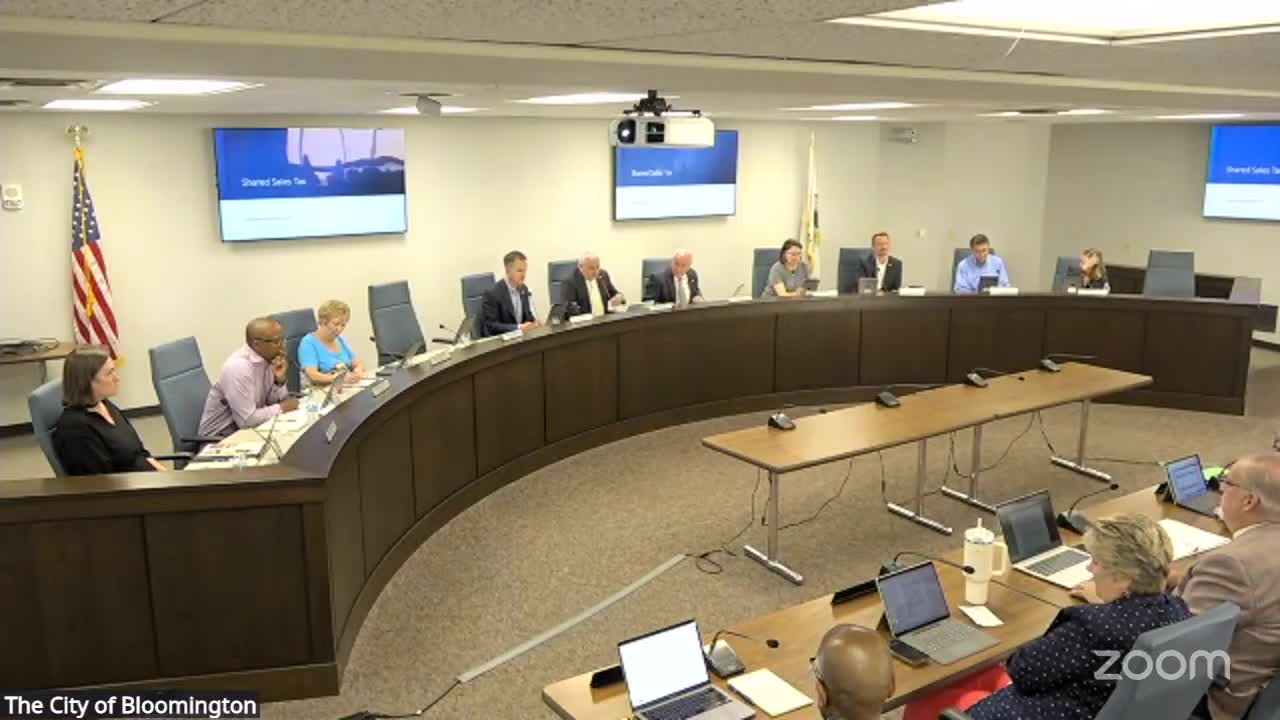Article not found
This article is no longer available. But don't worry—we've gathered other articles that discuss the same topic.
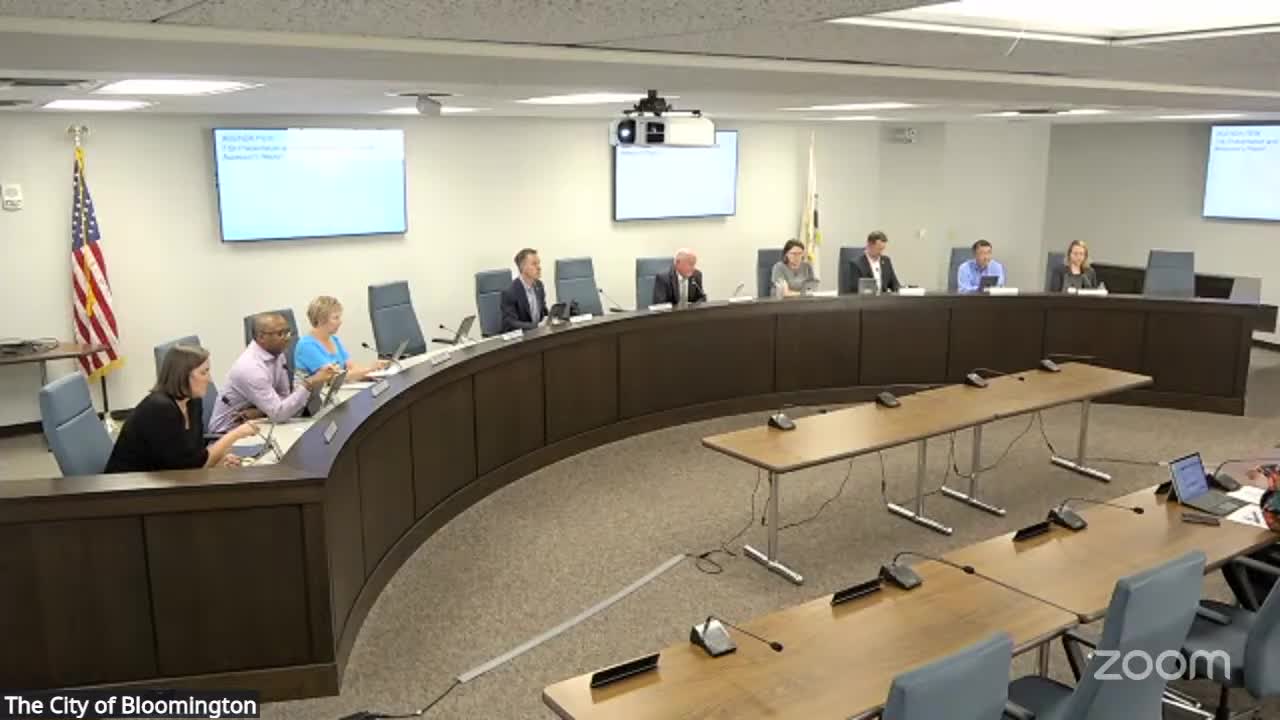
Assessor warns of continued assessment increases in 2025; investors, exemptions complicate picture
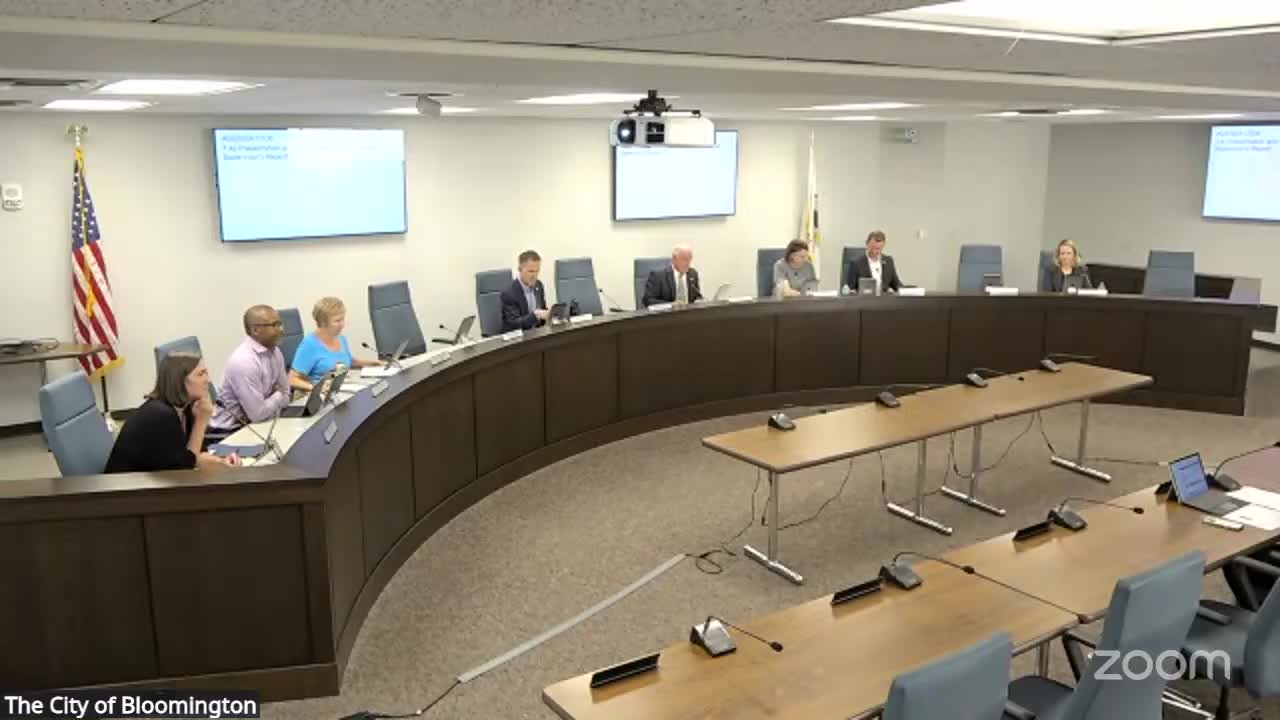
Township reports LIHEAP exhaustion drives uptick in emergency assistance; seeks $110,000 for bridge program
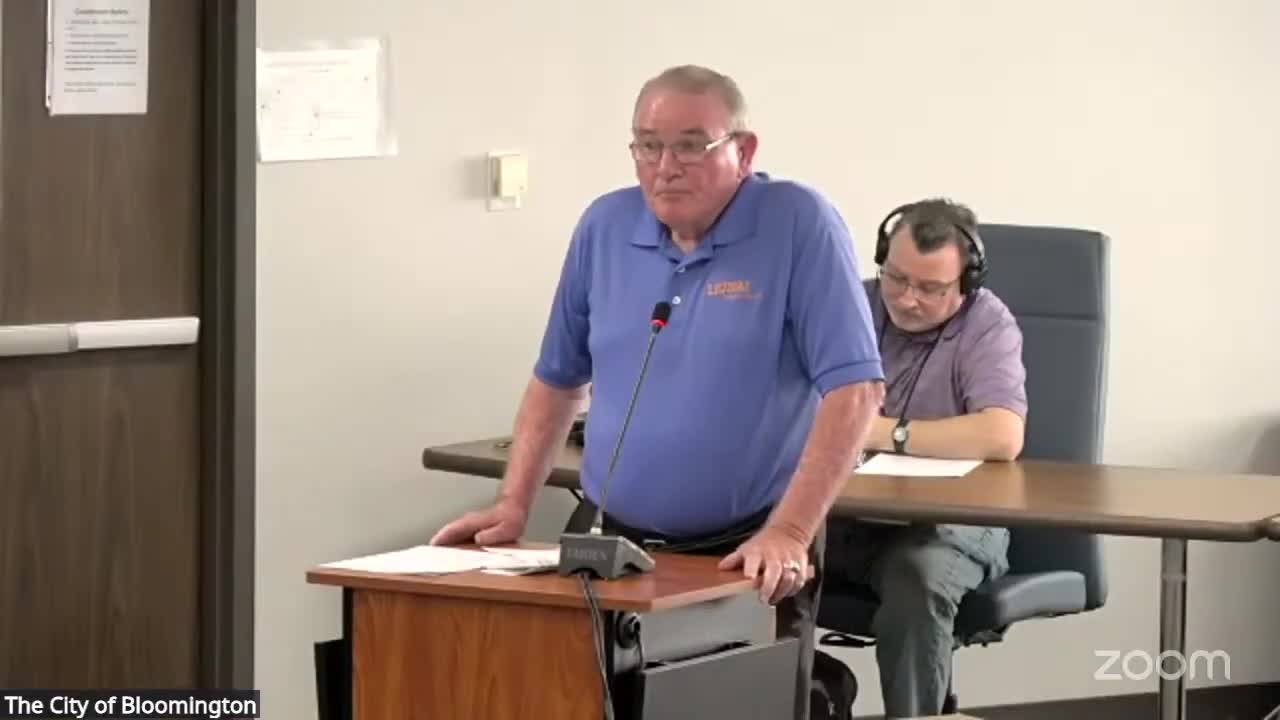
Residents press council for 160‑foot sidewalk near O’Neil Pool, estimate under $10,000
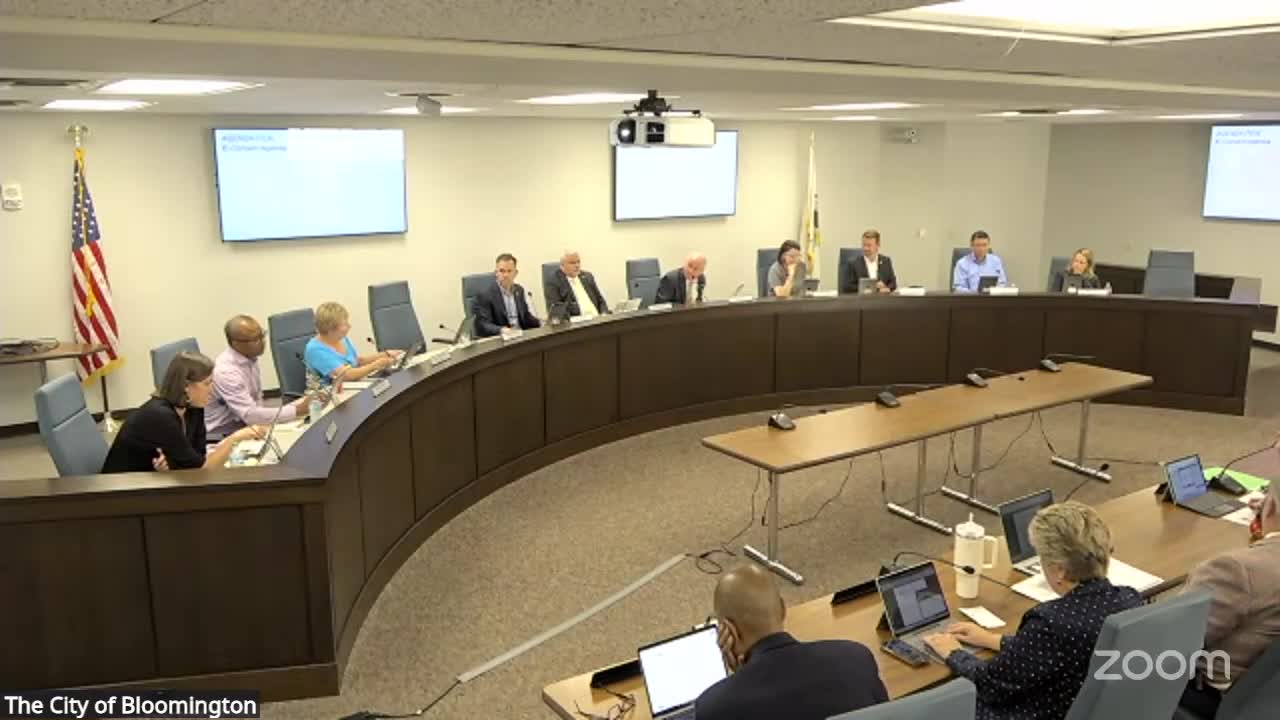
Council tables several zoning‑code changes for fuller discussion after members raise neighborhood impact concerns

City authorizes short‑term leases and temporary parking changes as Market Street garage is removed
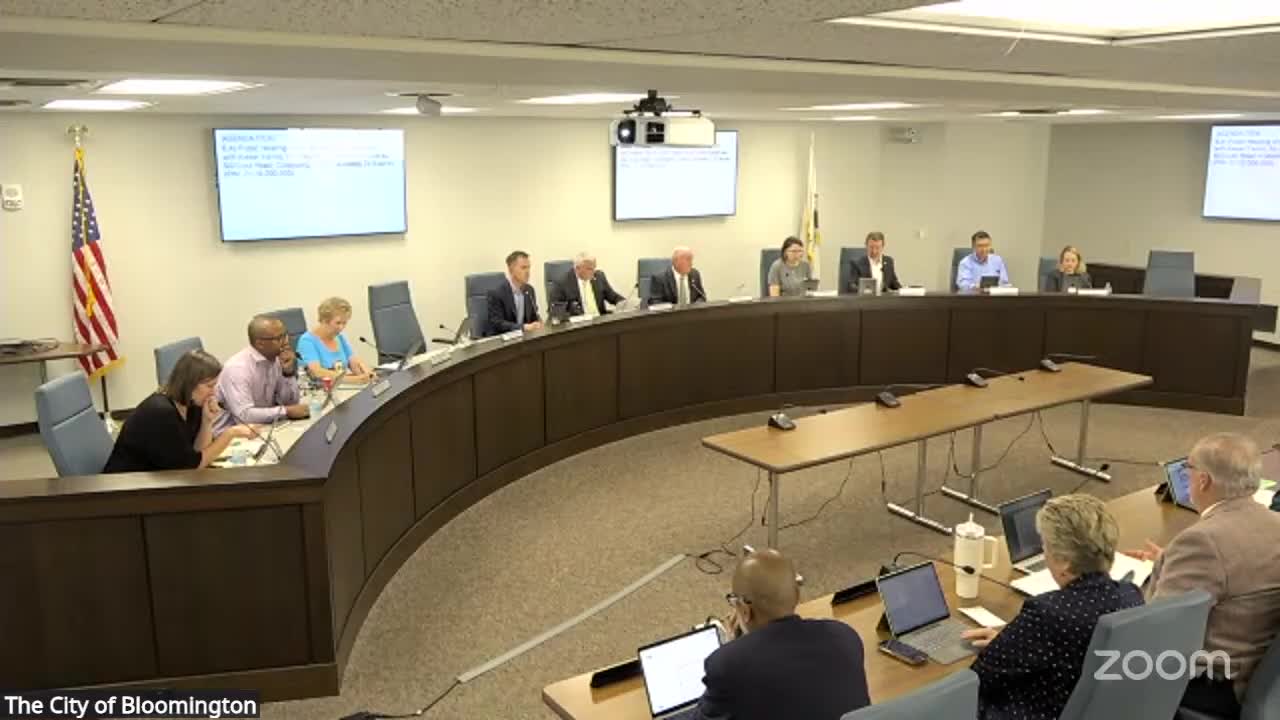
Council approves annexation of Keiser Farms, paving way for multifamily development and solar farm
